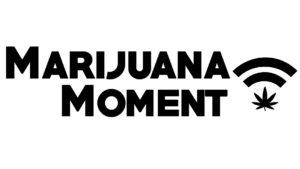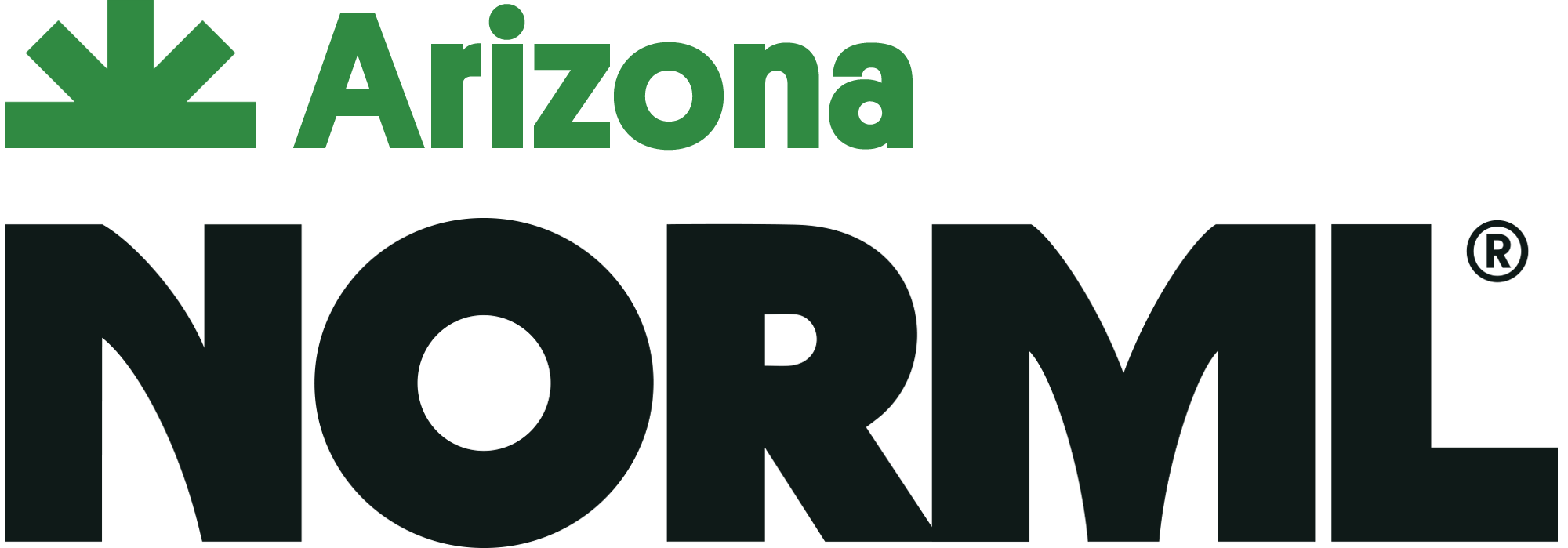D.C. law would ban firms from firing workers for positive pot tests.
The new law makes exceptions, however, for workers in “safety-sensitive jobs,” including operators of heavy machinery, construction workers, police, and security guards who carry weapons and medical professionals. While the District already created protections for city employees who use marijuana, the District’s government cannot bar the federal government from disciplining federal employees for marijuana use.
Still, council members said the local law would protect some workers, especially people of color. They pointed to a 2013 Yale study that found 63 percent of Black workers have jobs that conduct drug testing, compared with 46 percent of White workers.
At Tuesday’s legislative meeting, the council also argued over where to draw the boundaries for D.C.’s most micro level of local governance, advisory neighborhood commissions, which must be revised once a decade.
Residents of Cleveland Park had objected to a plan to divide their neighborhood across two commissions. Council Chairman Phil Mendelson (D) convened a recent meeting attended by more than 100 residents who mostly opposed the proposed map, and Mendelson tried to introduce a new map Tuesday that would have included many of those attendees’ requests.
But Ward 3 Council member Mary M. Cheh (D), who represents the area, and at-large member Elissa Silverman (I), who chaired the redistricting committee, fiercely objected to Mendelson’s revision of the redistricting committee’s map, which was crafted over months of community meetings. Cheh referred to Mendelson’s actions as “highhanded and fundamentally anti-democratic.”
Mendelson argued that the tight timeline from the delayed 2020 Census through the redistricting process gave him little choice but to get involved, with just days left to amend the boundaries. “It brings criticism on the council to say that this is last-minute as if there was another possibility,” he said.
The council sided with Cheh and Silverman, voting 10 to 3 in favor of their suggestion for the Ward 3 neighborhood boundaries.







